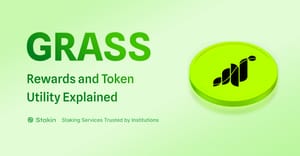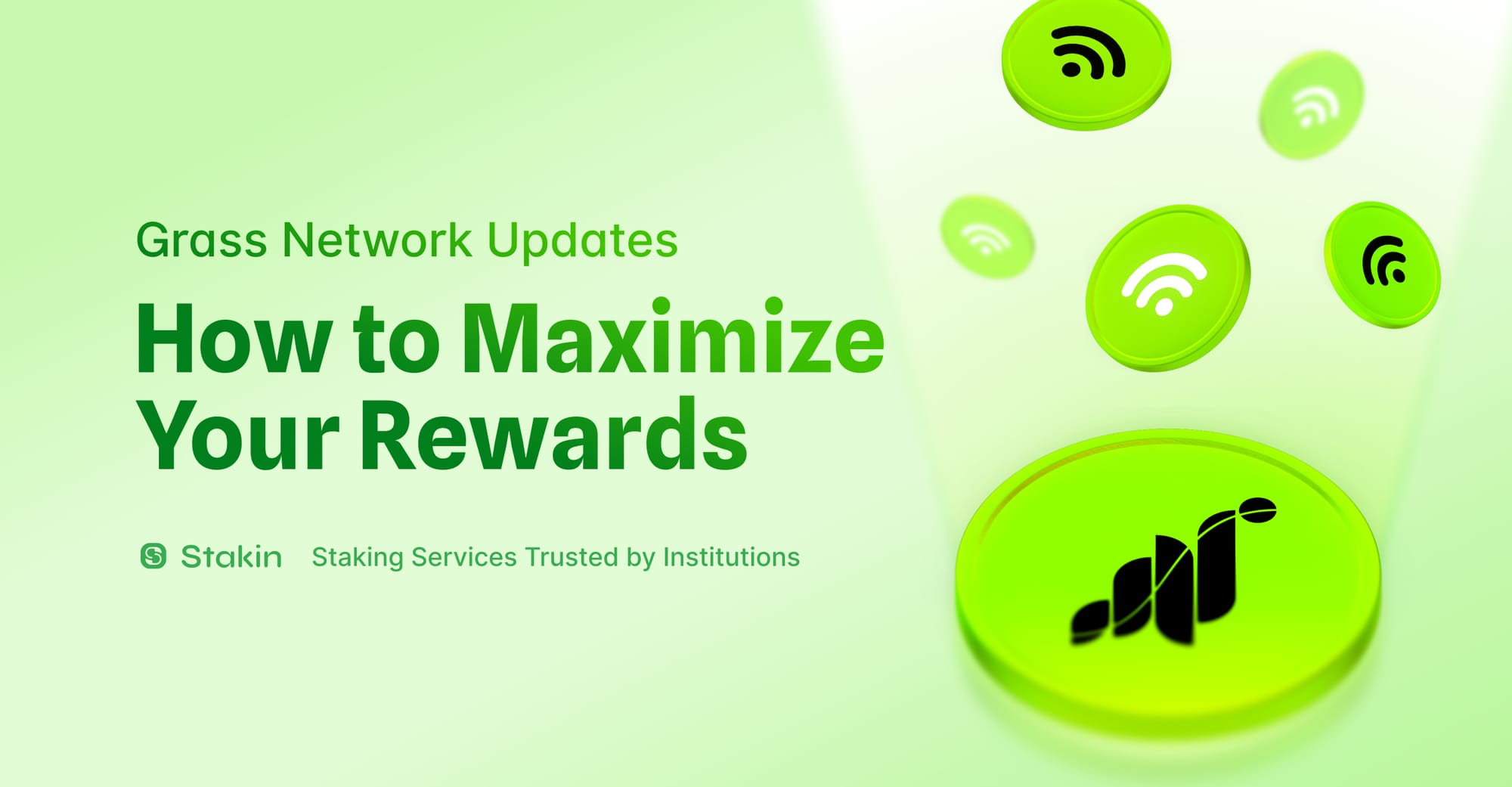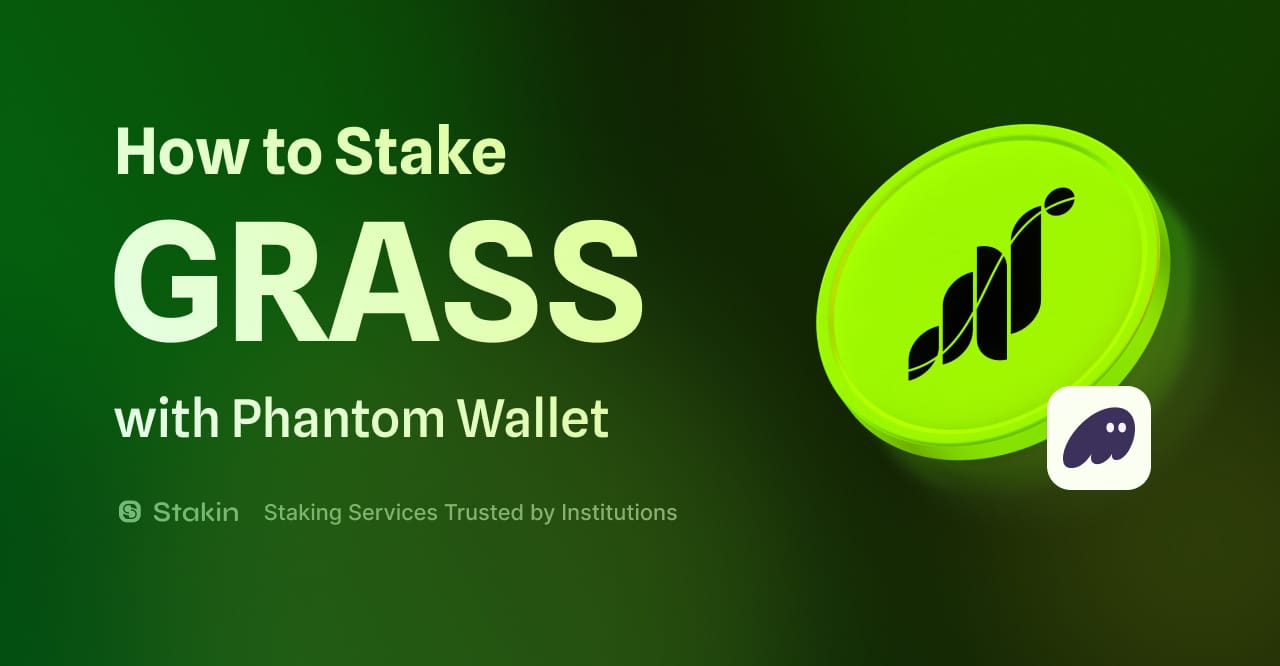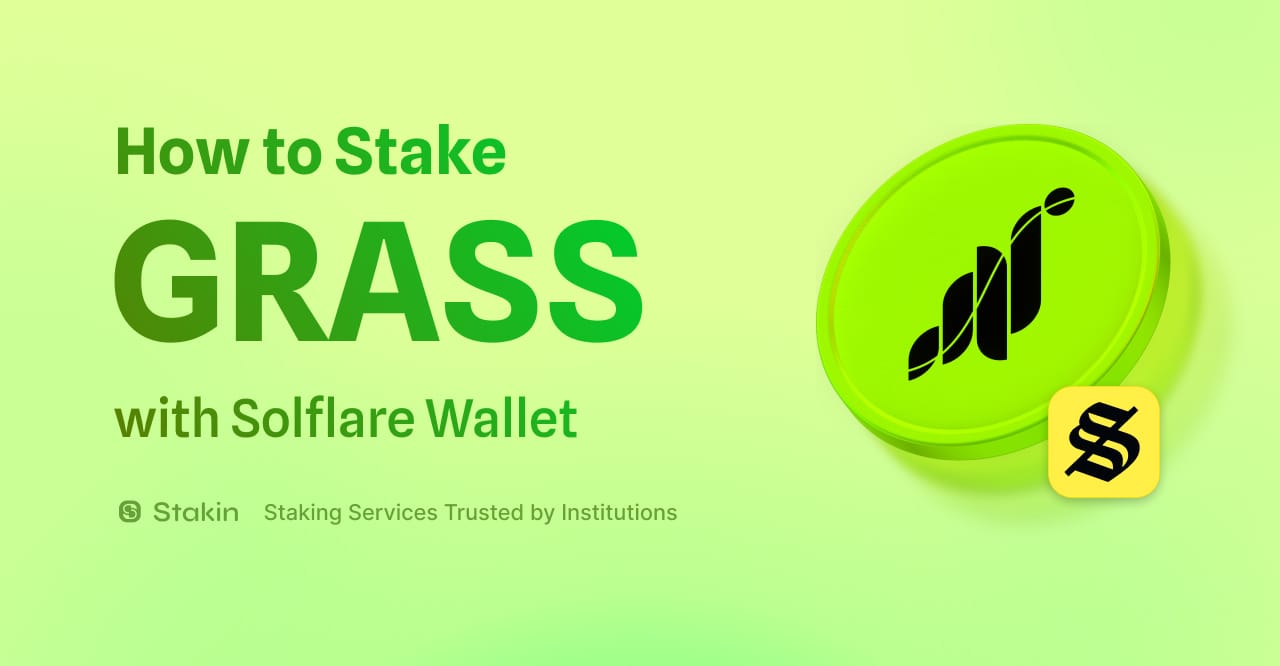GRASS is the native token of the Grass Network, a decentralized bandwidth-sharing protocol built on Solana. It enables users to earn rewards by sharing unused internet bandwidth, powering a scalable data layer for AI and web scraping. GRASS plays a central role in incentivizing participation, supporting governance, and sustaining long-term network growth.
Launched in October 2024 by Wynd Labs, with backing from Polychain Capital and Tribe Capital, Grass has rapidly expanded its user base through one of the largest airdrop campaigns in Web3. This article outlines the GRASS token’s utility, reward structure, and verified tokenomics, including details on both Season 1 and Season 2 airdrops.
What is Grass Network?
Instead of letting corporations monetize your unused network resources without consent, as often buried in traditional Terms and Conditions, Grass allows you to take control and get rewarded. Each user’s contribution is measured in Grass Points, based on uptime, location, and how the bandwidth is used. These points determine eligibility for GRASS token rewards through structured airdrop campaigns.
Grass only permits verified institutions to access bandwidth for ethical use cases, such as price comparison or regional ad delivery, no personal data, browsing history, or user activity is ever collected or sold. The platform is independently certified by leading cybersecurity organizations like AppEsteem, ensuring compliance with best-in-class privacy and security protocols, by turning passive internet connections into productive digital infrastructure, Grass creates a more equitable internet where both users and enterprises benefit, without compromising user trust or security.
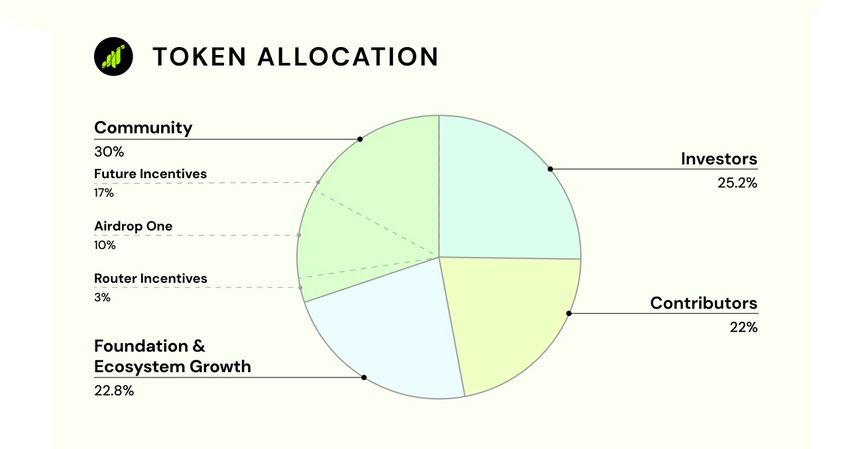
The GRASS token follows a transparent and strategically designed allocation model that aligns long-term network sustainability with community growth and infrastructure development. With a fixed supply of 1 billion tokens, GRASS distribution supports a wide range of stakeholders, including early contributors, infrastructure providers, developers, and token holders, while reinforcing the decentralized architecture of the Grass Network.
The table below outlines the complete GRASS token allocation, including vesting schedules, ecosystem support, and incentive mechanisms:
| Category | Allocation (Tokens) | Percentage | Purpose and Details |
|---|---|---|---|
| Community | 300,000,000 | 30.00% | Total community allocation, further subdivided into airdrop, infrastructure, and incentive programs to foster broad participation and adoption. |
| Future Incentives | 170,000,000 | 17.00% | Dedicated to retroactive reward programs for early users and incentives for builders creating tools, dApps, or educational content within the GRASS ecosystem. |
| Router Rewards | 30,000,000 | 3.00% | Incentivizes early infrastructure development, particularly routers that optimize bandwidth traffic and minimize latency across the decentralized data network. |
| Airdrop One | 100,000,000 | 10.00% | Represents one of the largest token airdrops to date, designed to onboard users and decentralize ownership of the Grass Network from inception. |
| Foundation and Ecosystem | 228,000,000 | 22.80% | Managed by the Grass Foundation, this reserve supports network operations, partnerships, upgrades, and DAO-governed growth initiatives. |
| Early Investors | 252,000,000 | 22.00% | Distributed to core contributors under a 1-year cliff and 3-year vesting. Includes both current and future contributors. Tokens are non-stakable while locked. |
| Contributors | 220,000,000 | 22.00% | Distributed to core contributors under a 1-year cliff and 3-year vesting. Includes both current and future contributors. Tokens are non-stakable while locked. |
| Total Supply | 1,000,000,000 | 100% | Fully allocated and governed via the Grass DAO, aligning incentives between community, developers, and institutional stakeholders. |
Airdrop Overview: Season 1 and the Launch of Season 2
Grass launched its inaugural token distribution, Airdrop Season 1, on October 28, 2024, allocating 100 million GRASS tokens, equivalent to 10% of the total token supply,to more than 2.8 million eligible users. Eligibility was based on Grass Points, which are earned through bandwidth sharing, consistent node uptime, and referral activities via the official Grass desktop application.
As of mid-2025 (Epoch 8), Grass has officially entered Airdrop Season 2, significantly expanding the rewards program. A total of 170 million GRASS tokens, representing 17% of the total supply, has been designated for Season 2 distributions. This marks a 70% increase in token allocation compared to Season 1, reinforcing Grass’s commitment to rewarding active network participants and scaling user-owned infrastructure.
How to Participate in Airdrop Season 2
Grass Airdrop Season 2 is currently ongoing, with Epoch 10 live as of July 28, 2025. While users can continue earning Grass Points through the desktop and mobile app, the official eligibility criteria for this stage have not yet been announced.
We will update this article as soon as the Grass Foundation publishes the confirmed requirements.
GRASS Rewards
Grass points: Your contributions to the Grass network are tracked through the awarding of Grass Points, which are shown on your account through the Grass Dashboard.
Grass Points are used as a factor to determine the number of Grass Tokens that you are eligible to receive during the next airdrop claim period, which has not yet been announced. The way your bandwidth is used and your location are also factors that are used to determine number of Grass Tokens that you are eligible to receive.
How to Stake GRASS
You can stake GRASS tokens by delegating them to a router via the official staking interface:
There is no minimum staking period, and rewards are accrued and distributed every second. If you choose to unstake, your tokens will enter a 7-day unbonding period before becoming available for withdrawal.
For step-by-step guidance, refer to our tutorials on staking with popular wallets:
● How to Stake GRASS with Phantom Wallet
● How to Stake GRASS with Solflare
Delegation Model
Grass staking follows a shared-risk, shared-reward model that aligns incentives between delegators (token holders) and routers (infrastructure providers). Routers with more stake are selected more frequently to process bandwidth traffic, resulting in higher rewards for both parties.
Router Rewards and Commission Fees
Routers charge a commission fee on earned rewards to cover operational costs. As competition increases, routers may offer lower commission rates and improved uptime to attract more stake. Delegators should evaluate router performance before delegating.
Future Risk: Slashing (Not Yet Active)
The Grass protocol currently does not implement slashing. However, future updates may introduce slashing penalties for router misbehavior, such as manipulating traffic or censoring users, by burning a portion of the router’s staked GRASS.
👉 Start Staking GRASS Today
Earn passive rewards and help secure the Grass Network.
DISCLAIMER: This is not financial advice. Staking, delegation, and cryptocurrencies involve a high degree of risk, and there is always the possibility of loss, including the failure of all staked digital assets. Additionally, delegators are at risk of slashing in case of security or liveness faults on some protocols. We advise you to do your due diligence before choosing a validator.
